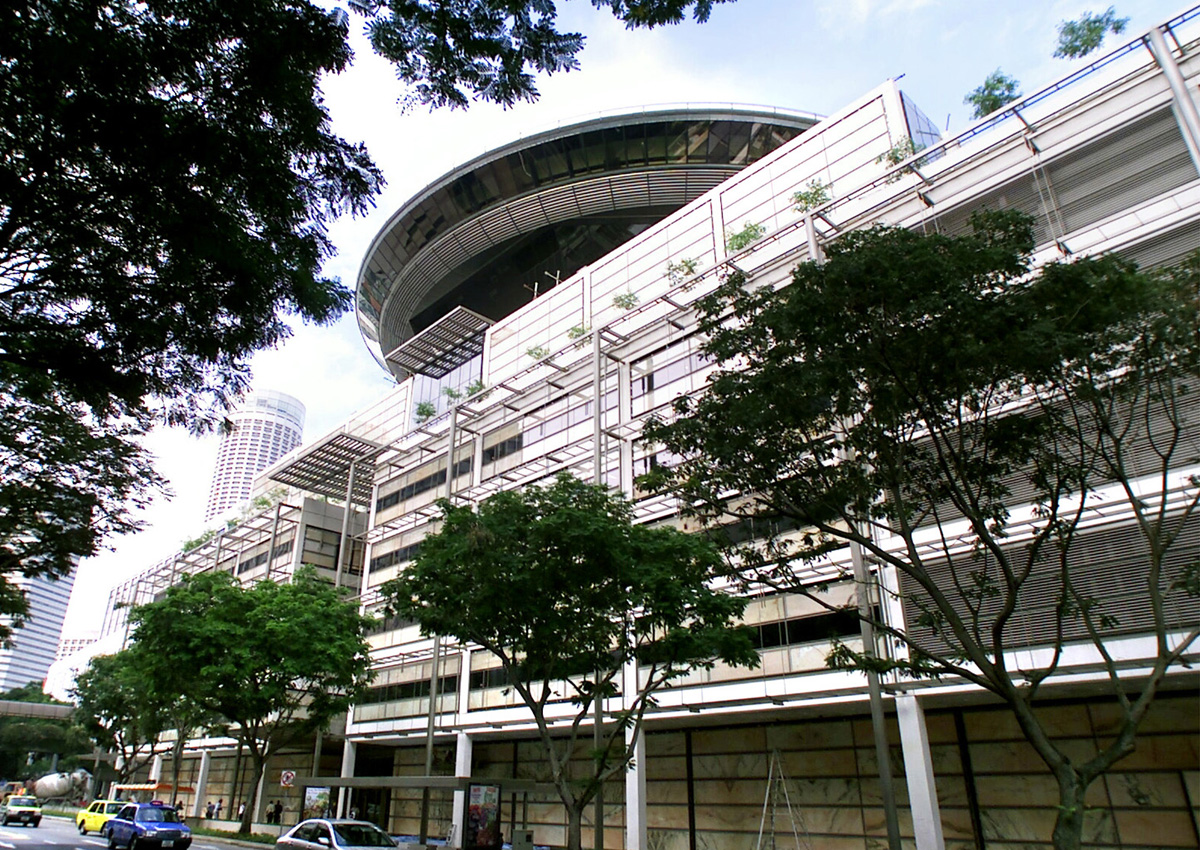Singapore’s highest court yesterday expressed concern that the number of applications asking it to revisit “final” decisions has “increased dramatically in recent years”.
The Court of Appeal suggested Parliament consider enacting provisions that would weed out applications without merit at an early stage, so that only cases with a legitimate basis for review are allowed to proceed.
The apex court made these remarks in a written judgment dismissing the bid of Jabing Kho to reopen his conviction and have his death sentence for murder quashed.
Last year, 11 criminal motions were filed with the apex court to reopen criminal cases that had already exhausted the appeal process, including Kho’s.
The applications include a drug trafficker who tried to rely on a statement by an accomplice to show that he was being framed, and a heroin trafficker making a second bid to have his conviction quashed by arguing that his judgment was impaired due to certain disorders.
Apart from Kho’s bid, of the other 10 motions, eight were dismissed for being wholly without merit, one was withdrawn and one has yet to be heard.
“We do not think that this state of affairs is desirable for two reasons,” said Judge of Appeal Chao Hick Tin, who delivered the judgment.
Finality is an integral part of justice as it would be impossible for the legal system to function if decisions were “subject to constant and unceasing challenge”, he said.
Also, unmeritorious applications to revisit concluded cases take up scarce judicial resources, which could go towards hearing cases that were coming up on appeal for the first time.
“At the end of the day, we are still a one-appeal jurisdiction.”
The court said that its power to reopen a concluded criminal appeal is to be exercised sparingly and only in exceptional circumstances.
Applicants seeking such a review must first produce new and compelling material that can show almost conclusively that there has been a miscarriage of justice.
They also have to show that the court’s decision is “demonstrably wrong” or that it has been tainted by fraud or a breach of natural justice.
The court observed that in the United Kingdom and Hong Kong, rules have been enacted in which a party must get leave, or permission, from the court before they can apply to reopen a case that has exhausted the appeal process.
“The introduction of a leave stage for applications to reopen concluded criminal appeals would better balance the rights and interests of all persons who make use of scarce judicial resources.”

This article was first published on April 6, 2016.
Get a copy of The Straits Times or go to straitstimes.com for more stories.






